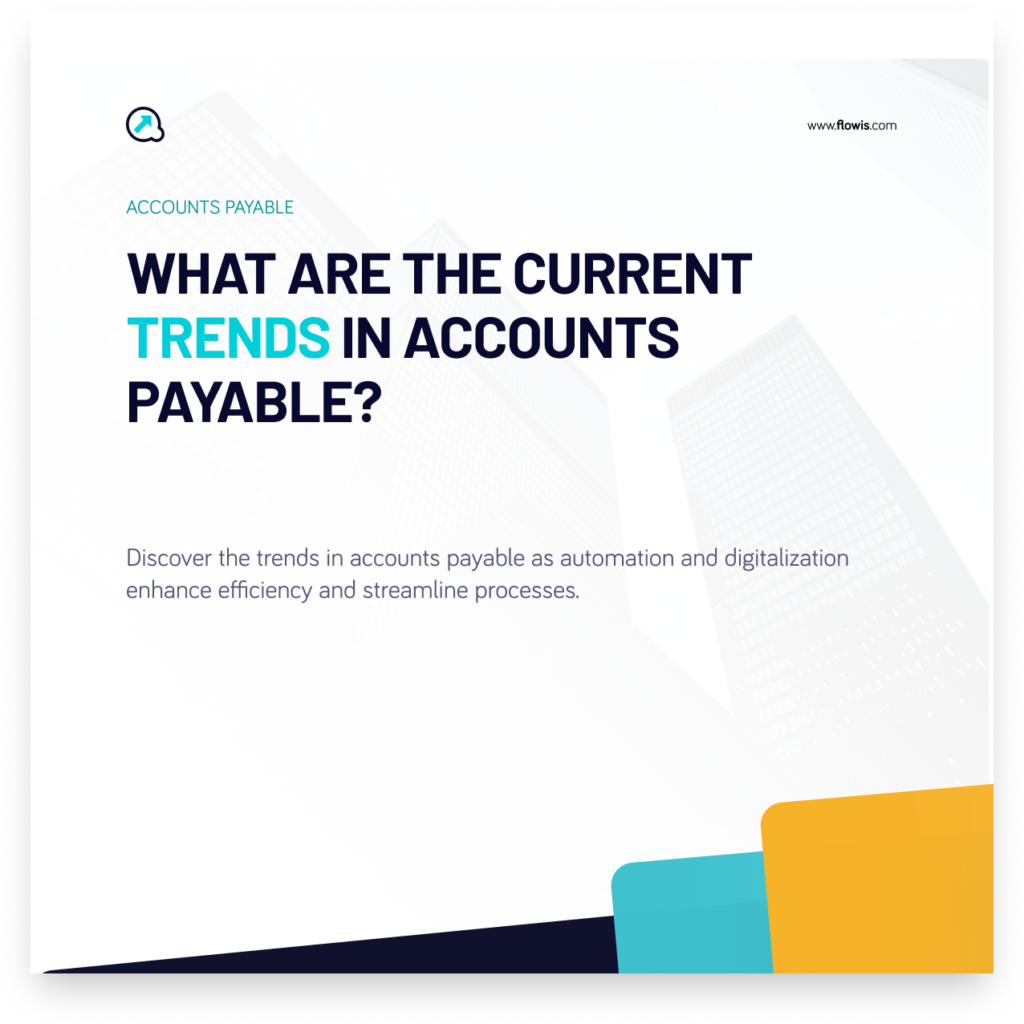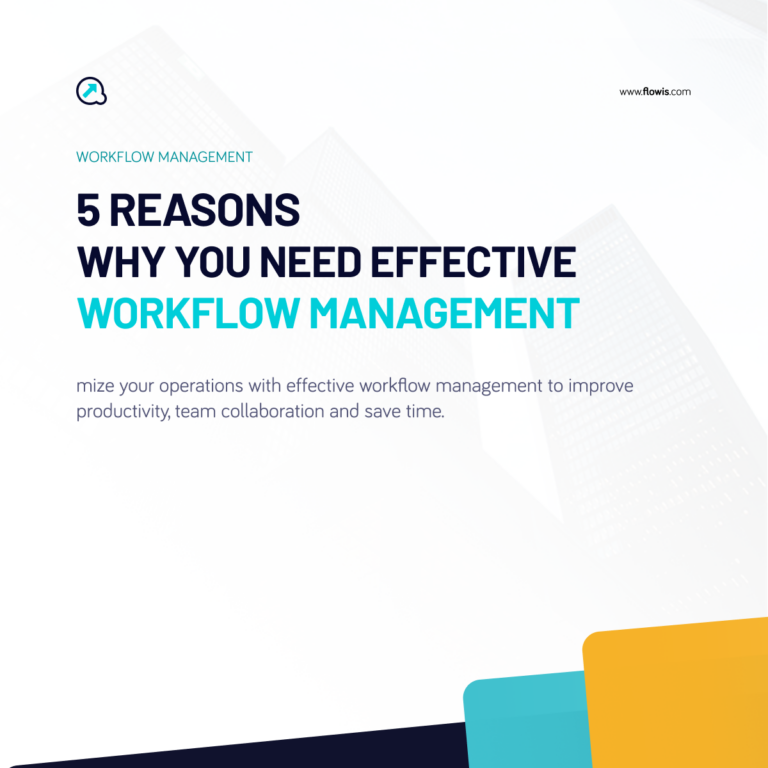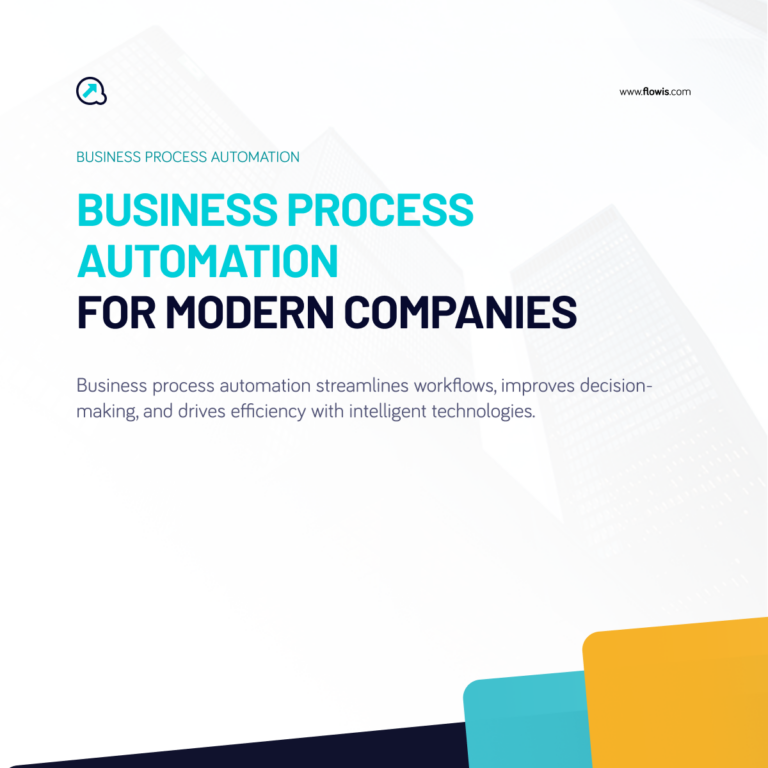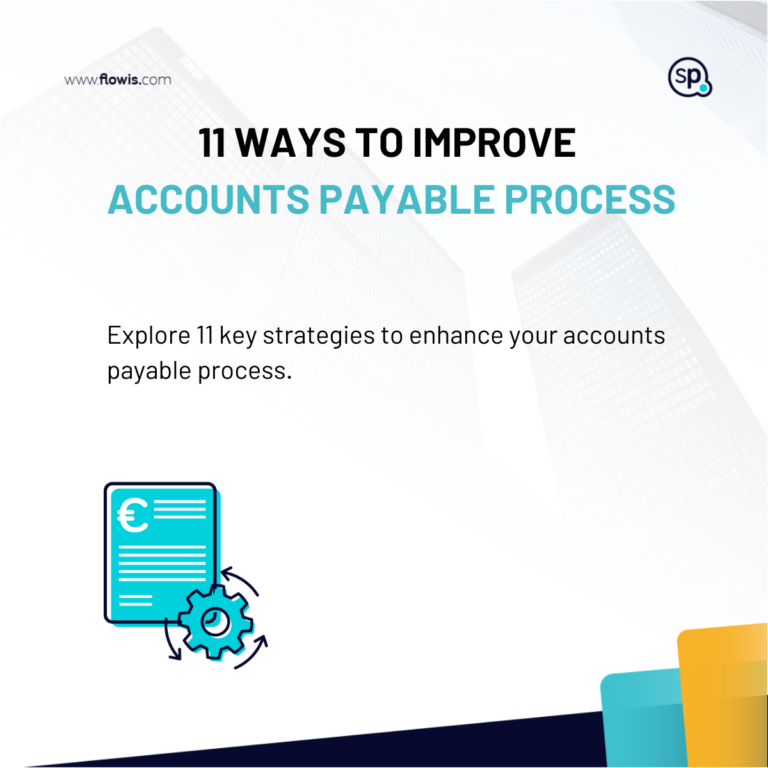The trends in accounts payable are transforming how companies operate, with a growing emphasis on automation and digitalization to enhance efficiency and reduce costs. These developments are reshaping invoice processing, improving compliance, and strengthening supplier relationships. In this blog, we’ll explore the key trends in accounts payable and their impact on financial operations.
Automation and AI Integration
It is no surprise that Accounts Payable (AP) is also being reshaped by automation and AI technologies, which are replacing manual processes with faster, and more efficient systems. By leveraging AI and machine learning, companies can significantly streamline workflows, reduce errors, and increase productivity.
Transforming Traditional AP Processes
Automating tasks such as invoice data entry, invoice-to-purchase order matching, and approval workflows makes AP teams far more efficient. These activities, which previously required manual input, are now handled by automated solutions like Flowis. Not only does this save time, but it also minimizes human error, leading to more accurate invoice processing and payment cycles.
Fraud Detection and Risk Management
One of the most critical areas where AI is making an impact is fraud detection. AI systems can analyze large volumes of data at speeds and accuracies unattainable by human workers. By monitoring invoice data, these systems can flag unusual transactions, identify duplicate invoices, or detect payment requests that fall outside normal patterns, all of which help protect companies from fraudulent activity.
Flowis in Use
Flowis uses AI to automatically detect discrepancies between invoices and purchase orders. If the amount on an invoice does not match the order, the system alerts the accounts payable department or initiates further review of the issue. This prevents delays and allows for prompt resolution, improving the accuracy and efficiency of financial processes.
E-Invoicing and Paperless Systems
E-invoicing and the transition to paperless systems are changing how companies handle their accounts payable processes. As the push for digital transformation continues across industries, companies are adopting e-invoicing not just for its operational benefits, but also to align with global trends toward sustainability and regulatory compliance.
E-Invoicing
Traditional paper-based invoicing is slow, error-prone, and requires significant manual intervention. It involves physically mailing invoices, waiting for approvals, and managing a considerable volume of paper documents. This can cause delays in payments and reduce the efficiency of the overall process. E-invoicing, also known as digital invoicing, addresses this issue by handling everything online. This speeds up processing and simplifies the entire process.
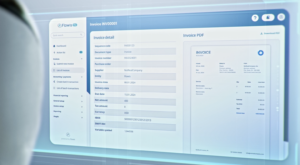
Supporting Sustainability Initiatives
The move toward e-invoicing aligns with global sustainability initiatives, as companies seek to reduce their environmental footprint. Paper invoices lead to forest depletion, consume energy in printing and transportation, and take up space in physical storage. By going paperless, companies can significantly reduce their environmental impact.
Sustainability has become a key focus for many companies, and e-invoicing is a straightforward way to support corporate responsibility goals. In addition to saving paper, going digital also reduces the need for ink, shipping, and other resources that contribute to a company’s carbon footprint. This is particularly important as stakeholders and consumers increasingly prioritize eco-friendly business practices.
Long-Term Cost Savings
While the initial implementation of e-invoicing platforms may require an investment in software and system integration, the long-term savings are substantial. By eliminating the costs associated with paper, postage, physical storage, and manual processing, companies can save time and money. Moreover, less manual work translates into reduced labor costs. This allows the AP team to operate more efficiently, make fewer mistakes, and process and approve invoices more quickly.
Flowis in Use
Flowis processes invoices almost immediately, while paper invoicing can take longer. When a supplier sends an invoice electronically, Flowis automatically receives it, checks it, and compares it to the order, then sends it for approval. Once approved, the invoice is immediately ready for payment, significantly speeding up the entire process.
Advanced Analytics and Dashboards
Advanced analytics in AP goes beyond basic reporting. It involves using sophisticated tools to analyse large datasets and uncover hidden patterns or trends that might otherwise be missed. These insights can be applied to various aspects of the AP process, from optimizing payment cycles to enhancing supplier negotiations.
Companies can use analytics to track how quickly invoices are being processed, measure how often early payment discounts are captured, and monitor the frequency of late payments or penalties. By understanding these metrics, AP teams can pinpoint inefficiencies in the payment process and take steps to resolve them.
Flowis with its advanced analytics tools can provide real-time dashboards that give AP managers a clear view of the department’s overall performance. This level of visibility empowers decision-makers to make timely, informed adjustments to improve financial operations.
Optimizing Working Capital
Advanced analytics enables companies to optimize working capital by finding the balance between paying vendors on time and managing cash reserves. By analysing payment terms, early payment discounts, and the timing of cash outflows, AP departments can develop strategies to improve working capital efficiency.
Flowis in Use
Flowis provides advanced reporting and dashboards to analyse historical payment data and identify trends and anomalies. For example, the AP team might find that a particular supplier frequently submits error-prone invoices, leading to payment delays. By spotting this pattern, the AP team can collaborate with the supplier to enhance invoice accuracy, facilitating smoother payments and minimizing the time needed to fix errors.
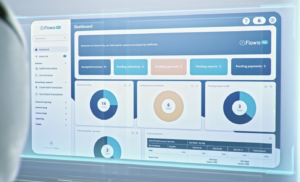
Cloud-Based and Mobile Applications
Cloud technologies allow companies to manage their processes flexibly and efficiently from nearly any location. This is particularly valuable in hybrid and remote work environments, as it allows teams to process invoices, approve payments, and monitor transactions in real time, regardless of their location.
Remote and Real-Time Access
Cloud-based solutions enable teams to manage payments and invoices without being tied to a specific office or on-premises system. Whether employees are working from home, traveling, or at another office location, they can access the system through a secure internet connection. Cloud applications enable instant processing and approval of invoices, ensuring smooth collaboration between teams from different locations.
This capability proved particularly valuable during the pandemic when remote work became the norm. Companies that had already adopted cloud-based AP systems continued smoothly, while those relying on manual, paper-based processes faced significant disruptions.
Mobile Application
Mobile functionality is another key advantage of cloud-based solutions. Many platforms now offer mobile apps that allow users to approve payments, track invoice statuses, and manage vendor’s data from their smartphones or tablets. This mobile access provides executives and managers with the flexibility to approve invoices and authorize payments on the go, without the need to rely on a desktop computer. Managing AP tasks via mobile devices can enhance efficiency, particularly for companies with distributed teams or employees frequently on the road.

Flowis in Use
Approval in the Flowis mobile application works very simply. The user receives a notification about a new invoice that needs to be approved. After opening the app, they can review the invoice and check the details. If all the information is correct, approval is done with a single click. This makes the process quick, efficient and allows for immediate action without the need to access a computer.
Integration with ERP and Financial Systems
System integration consolidates various financial functions into a single, coherent platform. It simplifies the purchasing process, invoice processing, and payments, ensuring smooth data transfer. This allows companies to gain a better overview of their finances and enhances the overall functionality of departments.
Improved Workflow Automation
Integration significantly enhances workflow automation within the AP process. Automated workflows streamline repetitive tasks, reduce manual intervention, and accelerate processing times.
Flowis in Use
Flowis handles invoice processing and approval while ensuring seamless integration with company accounting systems. This integration automates accounting tasks using robotic process automation (RPA), which enhances accuracy in invoice processing. As a result, the accounting process becomes more efficient, with reduced manual work and fewer errors.
Compliance and Regulatory Enhancements
The regulatory landscape for accounting is continuously changing, driven by shifts in tax laws, data protection regulations, and financial reporting standards. Companies operating in multiple jurisdictions face the added challenge of adhering to local and international regulations.
To navigate this evolving regulatory environment, finance departments need to stay informed about regulatory changes and implement processes that ensure compliance. This requires not only understanding the specific requirements of various regulations but also being able to quickly adapt finance procedures to meet these demands.
Compliance
Automated solutions that ensure compliance help accounting departments manage rules and standards effectively. These systems automatically verify invoices, calculate taxes, and prepare financial reports. In this way, they ensure that accounting processes are always aligned with the latest regulations and reduce the risk of errors.
Improved Audit Trail
One of the key benefits of compliance automation is an enhanced audit trail. These systems track all transactions, making it easier to demonstrate compliance with all regulations.
Flowis in Use
Using Flowis, a company can quickly provide auditors with information about the processing and approval of invoices, along with other necessary data, clearly demonstrating compliance.
Accounting processes are increasingly characterized by a focus on automation and digitalization, which streamlines their execution and reduces the risk of errors. Flowis is an automated tool that processes accounting data quickly, enhancing the efficiency of these processes. The integration of modern technologies, such as artificial intelligence and cloud solutions, allows for more flexible and transparent data processing. Additionally, the emphasis on regulatory compliance and sustainability is becoming an integral part of accounting. In the future, further development in data analysis is expected to help companies better predict financial trends. Overall, it is clear that accounting is transforming to meet the modern demands of the market.
